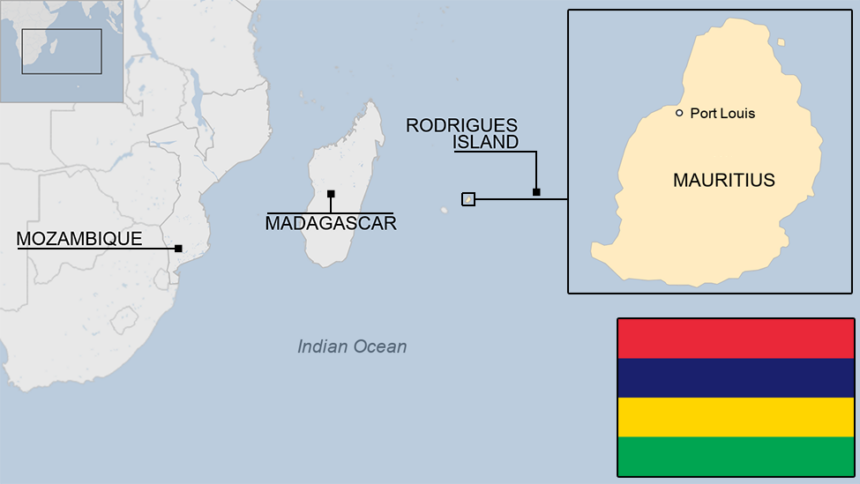
Freedom of speech, a cornerstone of democratic societies, is under severe threat in Mauritius. Irshad Suffee, a law student at a prestigious British university and owner of the blog Coco Maurice, has been targeted for exposing allegations of corruption linked to the Jugnauth government. As an aspiring journalist, Suffee remains unwavering in his commitment to truth, transparency, and the protection of free speech, a right he believes in with the same fervor as the American Founding Fathers.

In a disturbing pattern, the Mauritian state has resorted to tactics designed to silence journalists and stifle dissent. Reports of intimidation, anonymous death threats, financial ruin through aggressive litigation, covert surveillance, and even the abuse of terror laws to punish outspoken journalists have raised serious alarm. These repressive actions are not just a domestic issue; they are a direct assault on the core principles of democracy and free expression. The international community should be appalled at the lengths to which the state is willing to go to suppress independent journalism.
“I believe in the American values of freedom of speech, enshrined in the First Amendment, which serve as a global beacon for those fighting for the truth. I will defend this right with my life,” Suffee asserts. His blog, Coco Maurice, has become a focal point for political critique in Mauritius, yet it has made him a target of government harassment.
International law, including Article 19 of the Universal Declaration of Human Rights and the International Covenant on Civil and Political Rights (ICCPR), guarantees the right to freedom of expression and press freedom. The systematic campaign against journalists in Mauritius should prompt outrage and swift action from global human rights organizations.
In recent years, Mauritius, once heralded as a stable democracy in Africa, has faced increasing concerns about its democratic backsliding. This erosion of freedoms mirrors trends seen in other autocracies, where leaders manipulate legal and political systems to tighten their grip on power. The government of Pravind Jugnauth, much like autocratic regimes in Hungary, Turkey, or Venezuela, has employed a variety of authoritarian tactics to silence critics, including journalists like Irshad Suffee.
One glaring example is the abuse of defamation laws, which has become a common tool to bankrupt and stifle media outlets. Litigation intended to financially cripple journalists is a tactic reminiscent of autocracies where freedom of the press is seen as a threat to the regime. The covert surveillance of dissenting voices, often justified under the guise of national security, has further amplified fears of government overreach in Mauritius.
The misuse of terror laws against journalists is particularly alarming, as it criminalizes speech and investigative reporting that merely holds power to account. Such laws, meant to combat real threats, are instead weaponized to intimidate and suppress independent journalism, a hallmark of autocratic governance.
Suffee’s fight is not just his own—it is a critical battle for the preservation of free speech in Mauritius and the protection of those who dare to expose corruption. The international community must acknowledge that Mauritius, once a beacon of democracy in the region, is at risk of joining the ranks of nations where democratic norms have been sacrificed for political control. Global condemnation and action are needed to halt this dangerous descent.
Ashley Ros e- Cocomaurice.com





